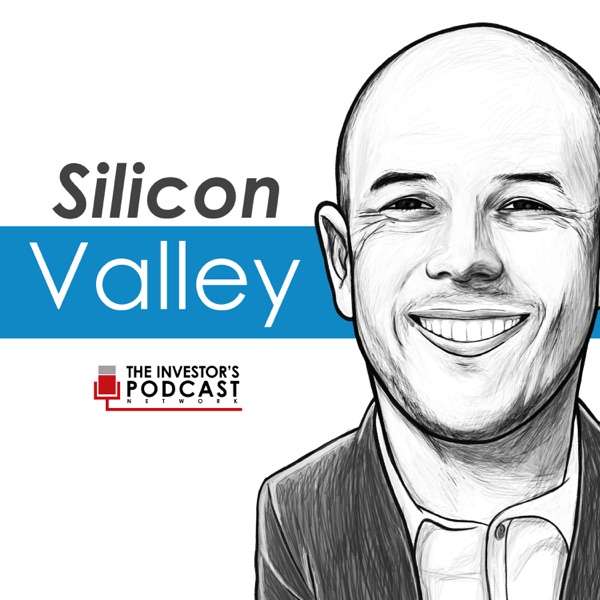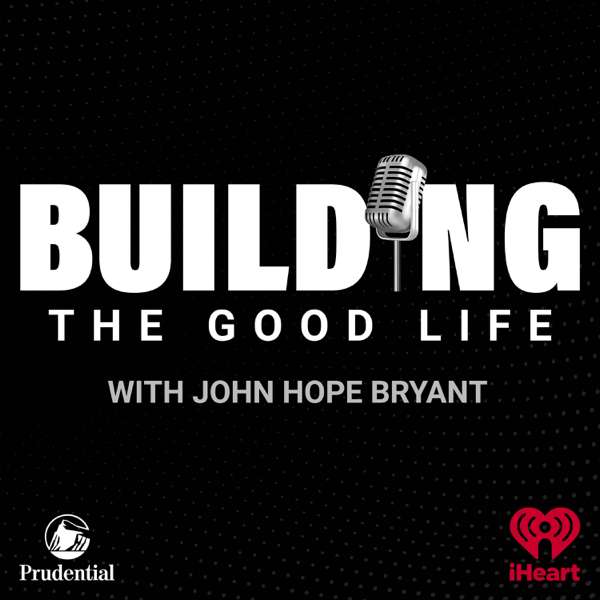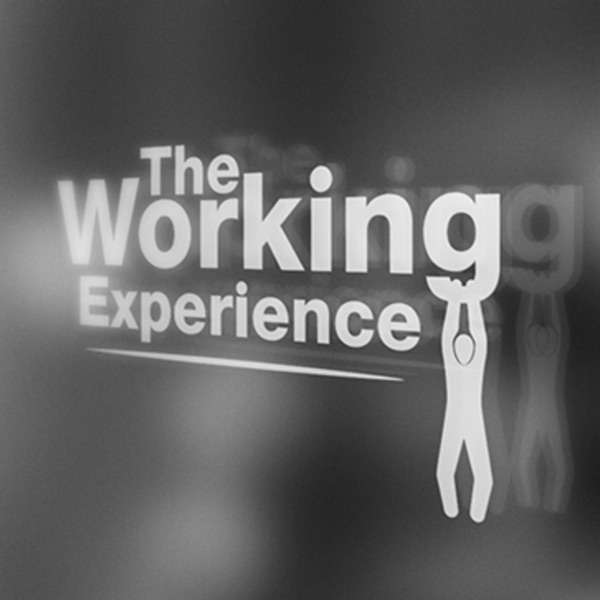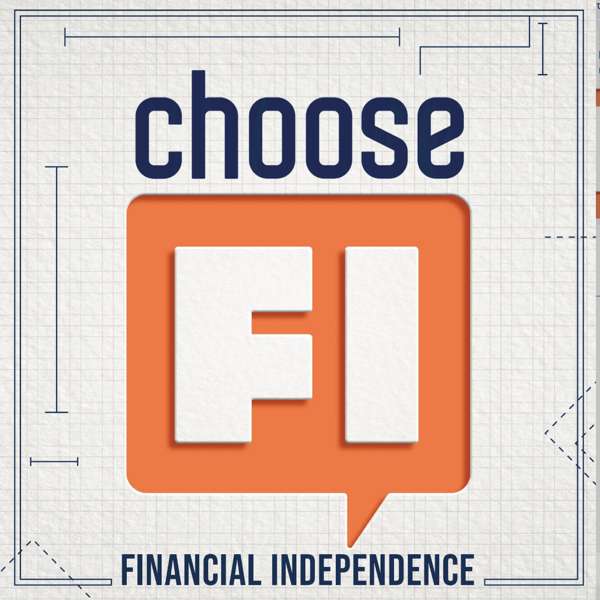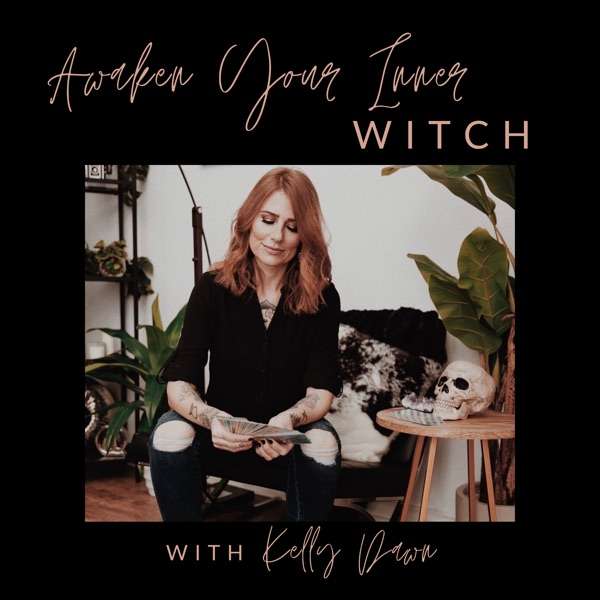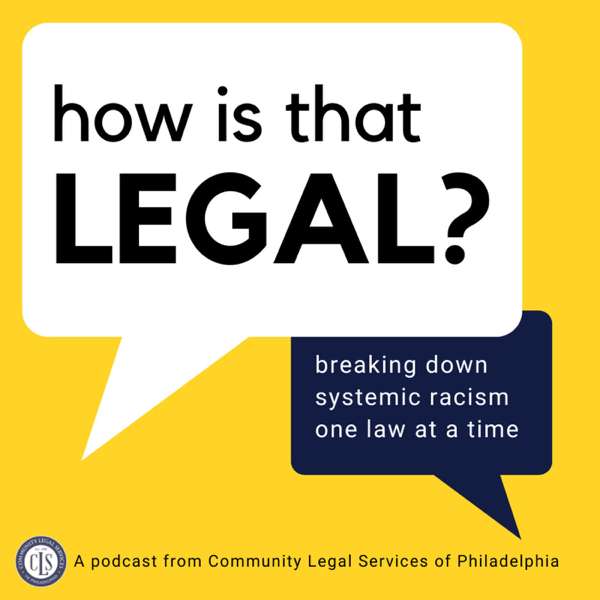Happy Vs Flourishing episode 6 is with Dr George Moncrieff an expert in Dermatology. Past Chair of the Dermatology Council for England. In this episode he explains the many reasons we should avoid soap and the problems it creates by washing our bodies with soaps.
He has over 30 years experience of Primary Care is a past trainer in General Practice and an undergraduate tutor at Oxford University and The Royal Free Hospital in Hampstead, London.
More information on this topic:
"I encourage parents of children under two years of age to avoid using any form of soap because it can make little ones vulnerable to allergies. These ingredients can cause endocrine disruption and even be carcinogenic. Also, our skin is our biggest detox organ so we don’t want to coat or clog it with artificial stuff." "Soaps dry out our skins for two reasons. They have a different pH than our skin has (usually, it’s much higher) and soaping ourselves regularly stripes our skin of its natural and protective oil (called sebum)." "Of course, body product companies love this. We use their soaps which dries out our skin and then we slather ourselves with their lotions to help restore the oil we washed off."
'What I am careful to do, is to avoid using soaps and detergents, shower gels, and shampoos. I don’t use shampoo, I use a conditioner,”
We need the sun to create an absorbable form of vitamin D. The sun’s energy turns a chemical in your skin into vitamin D3, which is processed by your liver and kidneys to an active form of vitamin D. Scientists found that the oil or sebum in your skin played a role in this vitamin D absorption. If we are soaping off this oil, we can potentially interfere with our vitamin D uptake. In fact, researchers found that it can take up to 48 hours for the skin to to convert the sun’s energy into vitamin D. That’s why surfers, who were regularly in the water, had lower vitamin D levels (up to 20 points lower) than lifeguards at the same beach. Believe it or not, our skin is part of our microbiome. It contains good bacteria that actually create natural antibiotics that fight off bad bacteria like MRSA. This is also why skin-to-skin contact is so important and beneficial with newborns who are inoculating their microbiome. "And don’t even get me started on antibacterial soap! That stuff is so bad for you. First of all, it usually contains a nasty chemical called triclosan (0r another derivative called triclocarban). This chemical has been tied to allergies, dermatitis, thyroid impairment, reproductive and brain heath, and immune system issues. Yuck! In 2013, the FDA stated that it may need to ban this ingredient after looking at more data." Finally, using less soap (and bathing less) is better for the environment. Without all of the suds to lather on and wash off, your shower time is shorter and more efficient, which uses less water. Additionally, all of these junky products out there can be hard on the planet. For example, triclosan, which is found in antibacterial products, is “highly toxic” to algae and affects some fish species reproduction. Another harmful product are those “microbeads” found in body washes and toothpastes. Those beads are made of tiny plastic bits (YUCK! Like we need more plastic in this universe!) that were winding up in lakes, rivers, and oceans. Because the beads are so small, they don’t get filtered out by drains and water treatment plants. These bits are made up of fat and so they are like sponges found in the water. Worse yet, little fish and marine life will often eat them because they look like fish eggs or small plankton. It turns out that a big part of body odour is what you eat. That’s why people who eat a lot of garlic, onion, and cumin, as you might find in Indian food, can have particularly bad body odours, as can people who eat a lot of junk food. As you digest food, compounds from the food are released through the pores of your skin, so certain foods in excess end up affecting how you smell. The other big factor in body odor is being overweight. If you’re heavy enough to have folds in your skin, bacteria and mold colonies can grow between them and produce a nasty odour. But in both of these cases, showering doesn’t prevent the smell, rather it helps wash off the nasty oils. So unless you’re producing so much oil that water and a towel aren’t enough to scrub off the scent, you’re fine without soap. You just have to make sure you’re eating healthy, you’re not overweight, and that you’re regularly rinsing off. To understand why you can still look fine not using soap, we need to understand how soap works. You can read the more detailed description on Wikipedia, but here are the sparknotes: 1. You have something on you, or a surface, that water won’t get off. Something “insoluble.” 2. You add soap to it. 3. The little molecules of soap wrap around the molecules of the insoluble substance trapping them in cute little soap bubbles. 4. Those bubbles are water soluble, and suddenly, water works to carry the substance away. Soap was never intended to be used for maintenance, rather, it was a way to get rid of dirt and mud that had caked onto your skin from a long day of work. You got covered in mud, or worse, excrement, and then soap helped you get it off. Somewhere along the way, using soap became a daily ritual (this can probably be explained by marketing) to the point where it seemed odd not to use it. It probably starts with being young and playing in the mud, since your parents needed to use soap on you every day to scrub the muck off. Then, as you got older, you kept using it because, well, that’s what you’re supposed to do. But you never stopped and asked if it was really necessary. You just kept doing it and kept doing it for so long that it seems gross for this guy on the Internet to not be doing it. But here’s the important question: what are you scrubbing off, exactly? What are you doing during the day to get your skin so dirty that you need to use soap? Sure, I’ll grant that if you just got back from a Spartan Race you could probably use a once over with a real bar of soap, but do you need to do it every day as you rotate between your house, office, restaurants, and gym? Most likely not. You’re never getting dirty. If you’re living a modern life of general cleanliness, there’s no need to constantly be lathering up in order to keep yourself clean. Water and a towel will do wonders. The idea “if you don’t use soap you’ll get sick” implies that something about soap prevents sickness. If soap prevented sickness, then it would need to either remove harmful bacteria, or it would need to make your immune system stronger. And while the first case is sometimes true, the second one definitely isn’t. Regular soap doesn’t kill bacteria, it moves them around and (hopefully) removes them from your body. This is why your skin is dry after using soap. The soap is doing that whole “magic soap bubble oil removing process” to your skin and carrying away the bacteria that are hanging out in the oil of your body. Eventually, people decided that wasn’t enough, so they created “antibacterial soap” which kills the bacteria instead of spreading them around. The problem with this should be obvious: if you kill the bacteria on your skin, you’re killing just as many, if not more, of the useful bacteria that protect you from diseases in the first place. Constantly using antibacterial products, and even regular soap to some extent, weakens your skin’s ability to handle infections on its own. With regular soap, you’re stripping away the oil and taking good bacteria with the bad, and with antibacterial soap, you’re taking the nuclear option and killing everything off leaving your system weaker than before. Even if antibacterial soap is killing some invading bacteria, the damage that comes with that doesn’t make it worth it. Using soap could be making you sicker in the long run by weakening the good bacteria that protect you. It’s antifragility applied to your health. If you deny your body the stress of foreign bacteria by being obsessive about using soap, you will worsen your body’s ability to manage the really bad infections in the future. The follow-up question most people have at this point is whether or not it makes sense to use soap when washing your hands. If you just shook someone’s hand, touched something, handled raw food (except maybe factory-farmed chicken) there’s really no need. You’ll be fine with water, or nothing. As for the risk of getting other people sick by not using soap all the time, I’d rather live in a world where we all have strong immune systems than one where we’ve mutually agreed to weaken our immune systems. Will I get people sick by carrying around bacteria that aren’t affecting me? Possibly, but it’s up to them to build up their own immune systems. If we all sterilize ourselves to try to protect each other, we’re all doomed when something particularly bad starts spreading. Another thing I’ve noticed since stopping using soap (and not using lotion) is that my skin has gotten more, for lack of a better word, moist. It’s not as dried out in cold climates A simple bar of Dove soap has all of these ingredients: “Sodium Lauroyl Isethionate, Stearic Acid, Sodium Tallowate Or Sodium Palmitate, Lauric Acid, Sodium Isethionate, Water, Sodium Stearate, Cocamidopropyl Betaine, Sodium Cocoate Or Sodium Palm Kernelate, Fragrance, Sodium Chloride, Tetrasodium Edta, Tetrasodium Etidronate, Titanium Dioxide (Ci 77891).” Do I definitively know that any of them are bad? No, but I’d prefer not to rub mystery chemicals on my body if I don’t have to.
Quote from George:
Quote from me: ‘Your eczema will never settle unless you stop using detergents’ or ‘Soap is a four-letter word in my household’
Book recommendation from George:
Beyond Soap by Dr Sandy Skotnicki ISBN 978-0-7352-3360-7
Happy Vs Flourishing links: www.ExceedingExpectations.me Facebook Group Twitter LinkedIn YouTube How to leave a podcast review: https://tonywinyard.com/how-to-leave-a-podcast-review/ Full shownotes including transcription available at: https://tonywinyard.com/hvf006-dr-george-moncrieff/

 Our TOPPODCAST Picks
Our TOPPODCAST Picks  Stay Connected
Stay Connected


